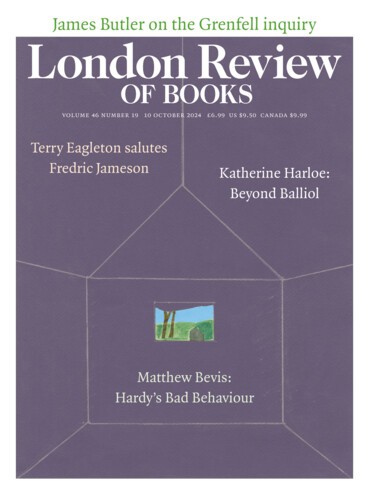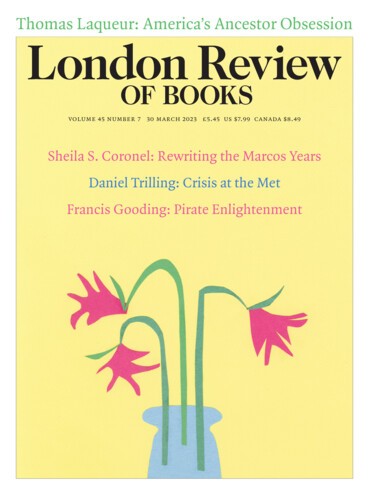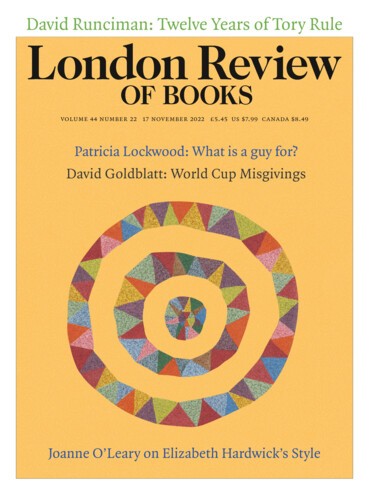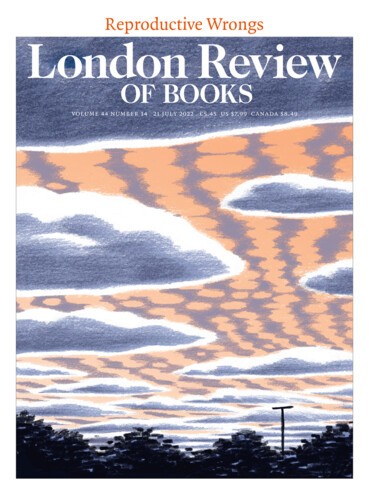All in all, this new government looks much more like a continuation of the first six years of post-New Labour Tory rule than the last six years of post-Brexit Tory rule. George Osborne’s political tactics are to the fore again. When Jeremy Hunt said that he would soon be announcing fiscal decisions of ‘eye-watering difficulty’ – spending cuts, tax rises, the works – he seemed almost to be relishing the masochism. Really his statement was designed to put Labour on the spot. Now that it’s clear there is no room for government generosity, what will Keir Starmer do? If he sticks to Hunt’s plans he loses his point as a politician. If he ditches them he risks destabilising the economy. This is pure Osbornomics, which was always just a continuation of politics by other means. There is, however, one glaring difference from 2010. Then, it was ostensibly Labour that had messed up the public finances. This time, the mess is entirely of the Tories’ making.
All in all, this new government looks much more like a continuation of the first six years of post-New Labour Tory rule than the last six years of post-Brexit Tory rule. There is, however, one glaring difference from 2010. Then, it was ostensibly Labour that had messed up the public finances. This time, the mess is entirely of the Tories’ making. Can they really point to their own stupidity as evidence of what the country needs protecting from? It’s going to take some sleight of hand to pull that off.





